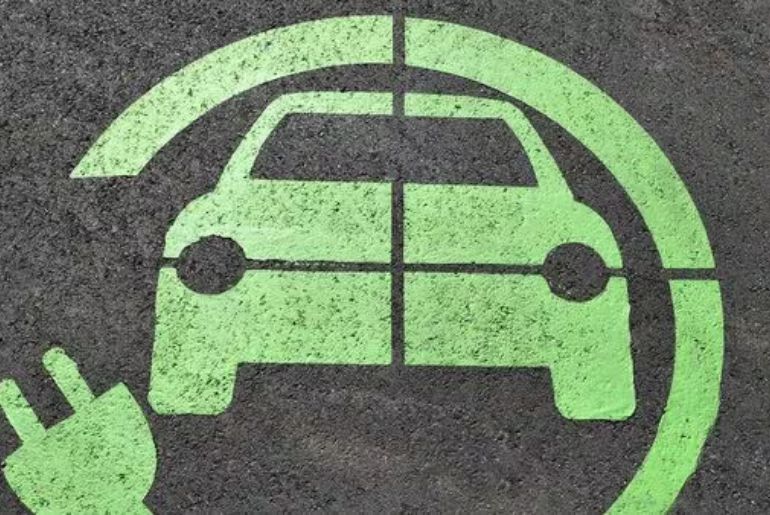The Delhi government plans to introduce regulations for the conversion of these vehicles to electric power in order to breathe new life into the Gramin Seva auto project. Implemented in 2010, Gramin Seva permits high-capacity three-wheelers with six seats to operate in Delhi’s JJ clusters, unlawful resettlement colonies, and rural areas.
Authorities stated that in rural areas, Gramin Seva trucks are essential for delivering last-mile connection. The government wants to make it easier for people to switch to electric cars in response to recommendations from the union that represents these drivers. Officials from the Transport Department and union leaders have convened to explore how to improve the service’s viability.
There are currently about 6,000 registered Gramin Seva cars, but over time, a large number of them have been abandoned, leaving between 2,000 and 3,000 in usage. According to a Transport Department official, the drivers’ union’s long-standing requests will be reflected in the decision that will be made soon, and the proposal for the transition is being actively considered.
The Capital Driver Welfare Association’s president, Chandu Chaurasia, expressed concern about the sharp decline in Gramin Seva permits, which had dropped from 6,164 to about 3,000. The shift to electric cars is to improve the efficiency and sustainability of Delhi’s transportation system in addition to modernizing the fleet.


